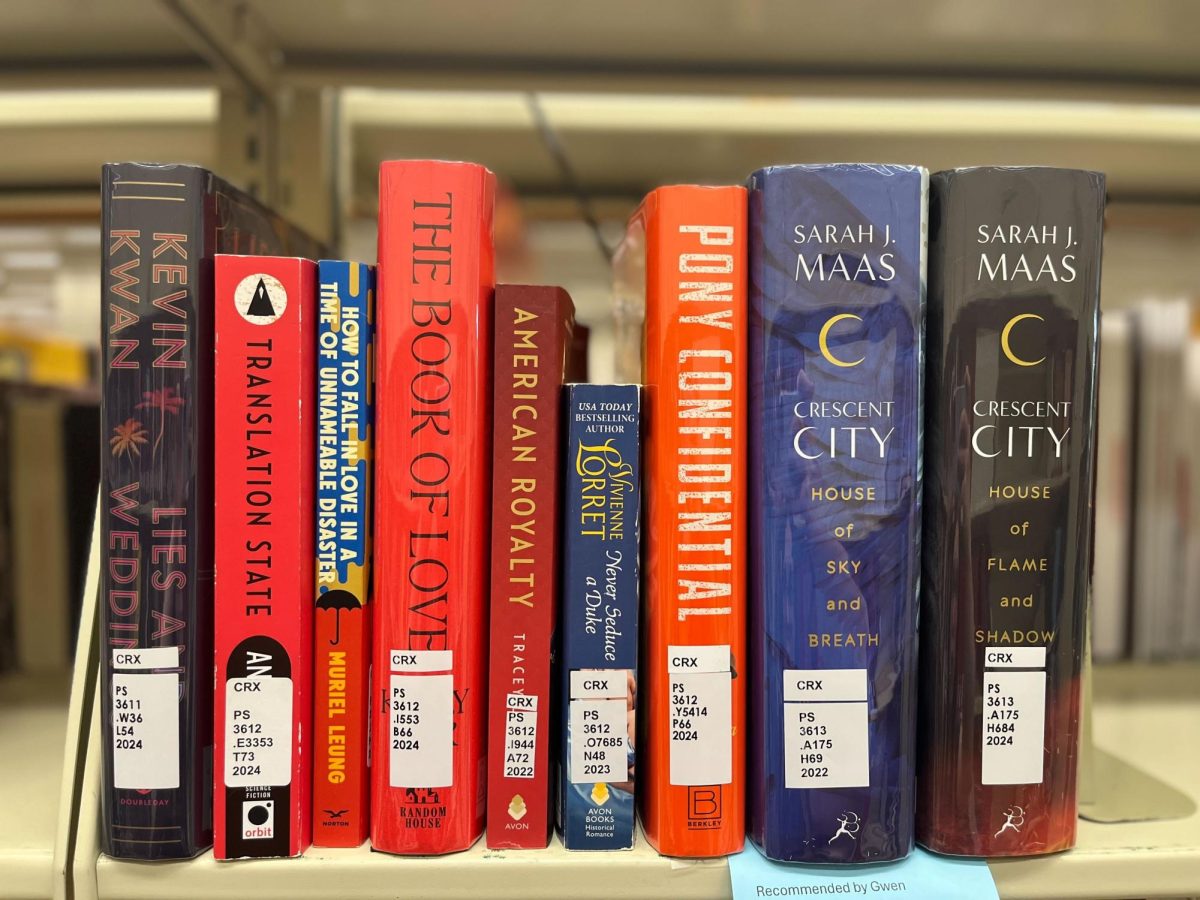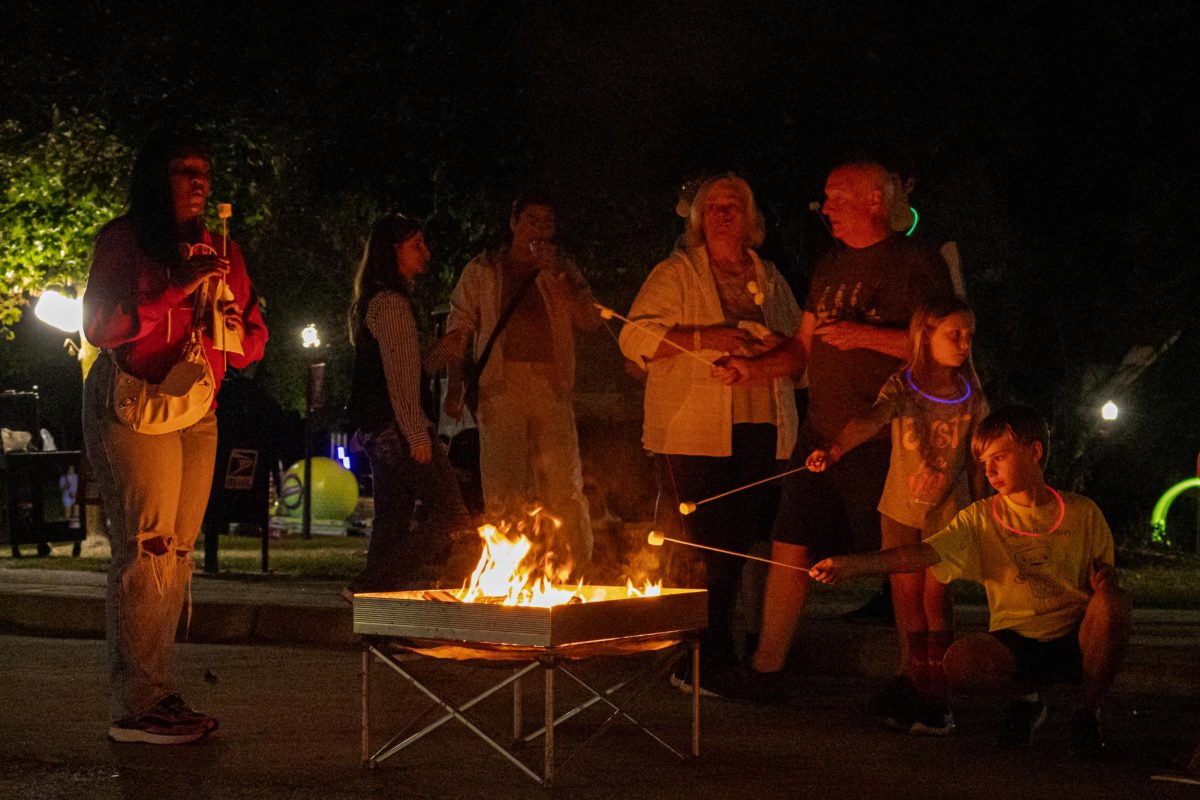What is it like to write fiction?
Writing fiction is like lying to your diary, except the lie grows legs and starts talking, or perhaps it falls in love and rides a dragon. Maybe, just maybe, it might have to find the cure to an infectious disease that turns people into flesh eating monsters. No matter what you write, it all starts with one thing – an idea.
What you decide to do with the idea is up to you.
English instructor Molly McNett, who is also a published author actively working on projects, had some insight to share on some of the fundamentals of fiction writing. McNett’s upcoming book is called “Child of These Tears” and will be released later this month.
Plot
Every good story has a plot. For example, Harry Potter has to find out who he is while trying to defeat an evil wizard.
While speaking with Mcnett, she noted how there were stories with plot and some without. An example includes English writer Virginia Woolf, whose stories don’t include much plot. Instead, her language draws the reader in.
“Some stories are very strong on plot and some not so much — they use different things to keep the readers attention like language and characterization,” McNett said.
Conflict
Perhaps you wanna write a tragic love story like “Romeo and Juliet,” where forbidden love kills two young lovers. No matter what your story is about, a conflict is always needed for a great story.
McNett emphasized the importance of conflict in a story.
“If the conflict falls away, then the story is over — It’s a problem, you know, if you had a great day at the seaside with your family. That’s one sentence and there is not much to tell about it really. It’s not a story,” McNett said.
Characters
Of course a story has to have at least one character. A character is someone or something that goes through challenges and is a big part of the story. Whether that be a talking toy like Buzz Lightyear from “Toy Story” or a manic killer in a horror.
Setting
Where does your story take place? Your setting can be anywhere. Whether it’s an apocalyptic wasteland or you want your characters to go for a summer swim in a pool full of pudding, have fun with it!
McNett shared insight on getting inspiration for setting, which included going outside.
“I teach rhetoric and composition, you know, writing classes, we use fictional techniques to get ideas and the very first thing we do is to go outside and listen,’’ McNett said.
Point of View
What point of view do you want your story in? Do you want one character to tell the story or multiple characters? Do you want a mysterious narrator to talk about the experiences your characters are going to have? Utilizing different points can affect a story, such as if it’s in first person, then you get to see what they are thinking, and why they did something. Third person is more like you’re overlooking the characters in a story, you get an outside perspective on it.
Writing Style
Your writing style is also a large part of your story. It can bring life to your story, make your characters relatable and impressionable, give your words life and provide detail that really draws the reader in.
Don’t give up. If you don’t like how your story sounds, you have the power to change it. You are the creator, you can change anything you don’t like in your writing.
Steven King’s “Carrie” was rejected 30 times, causing him to throw it away, before his wife made him try again.
Even the great writers we know today have gotten rejected countless times before they made a successful book. You have to fail before you can succeed, so no matter what, don’t give up because none of our favorite authors did.





















